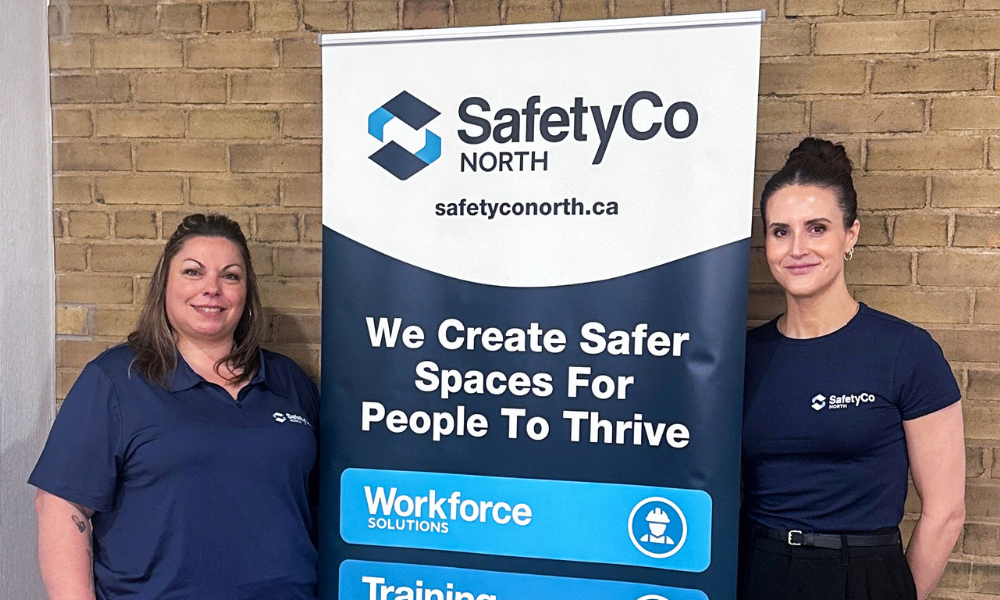Leaders have 'outsize impact' in cultivating psychologically safe workplaces, says expert

A psychologically safe workplace can significantly reduce attrition in an organisation, and leaders will play a major part in fostering this, according to a new report.
Why? A psychologically safe workplace enables employees to speak up without fear of being blamed or criticized. And these employees are 2.1 times more motivated, 2.7 times happier, and 3.3 times more enabled to reach their full potential at work, according to the Boston Consulting Group (BCG).
It also found that the attrition risk is only at three per cent for employees working in environments where psychological safety is high.
On the other hand, 12% of employees experiencing low levels of psychological safety are likely to quit within a year, according to the report, based on a survey of 28,000 professionals across 16 countries.
This is more pronounced for members of diversity groups. In cases where psychological safety is low, 15% of LGBTQ+ members are at risk of attrition.
How to foster psychologically safe workplaces
Nadjia Yousif, chief diversity officer at BCG and a co-author of the report, said leaders have an "outsize impact" in establishing psychological safety.
"They set the tone by being role models and signaling what behaviors will be rewarded and what won't be tolerated. Psychological safety can flourish only if it's driven from the top," Yousif said in a statement.
According to the report, leaders can utilize the following measures to create a psychologically safe workplace:
- Formalize time for sharing and learning
- Hold regular team reflections or "retrospectives"
- Challenge ideas, not people
- Be open and authentic
Leaders that are able to foster psychological safety at work can boost retention by more than four times for women and for employees who identify as Black, Indigenous, or people of color, according to the report.
They are also able to increase retention by six times for LGBTQ+ employees and by five times for people with disabilities.
"Fostering psychological safety takes work, and it will be difficult at times. But the effort pays big dividends," said Gretchen May, global director of diversity, equity, and inclusion at BCG and a co-author of the report, in a statement.





